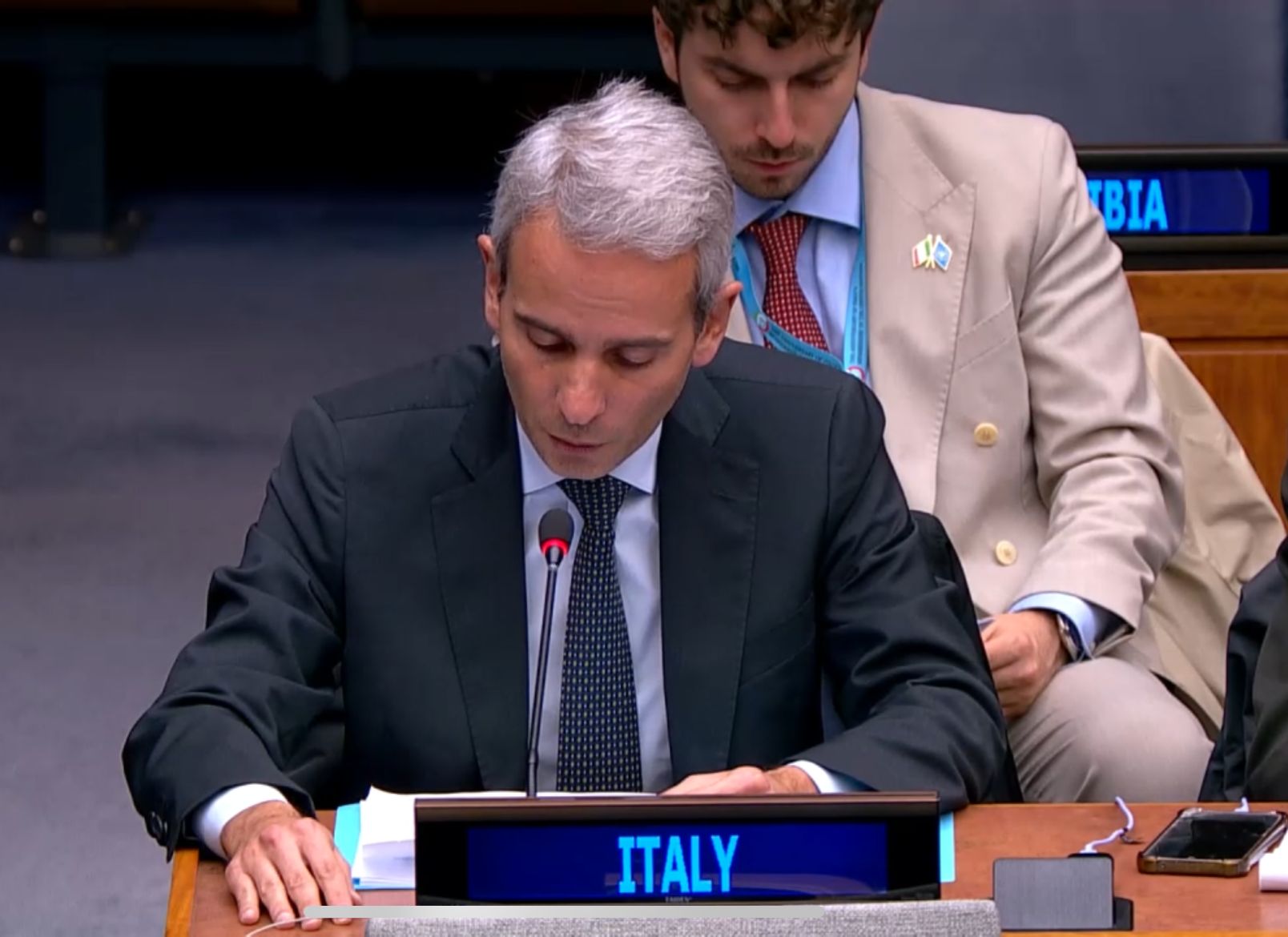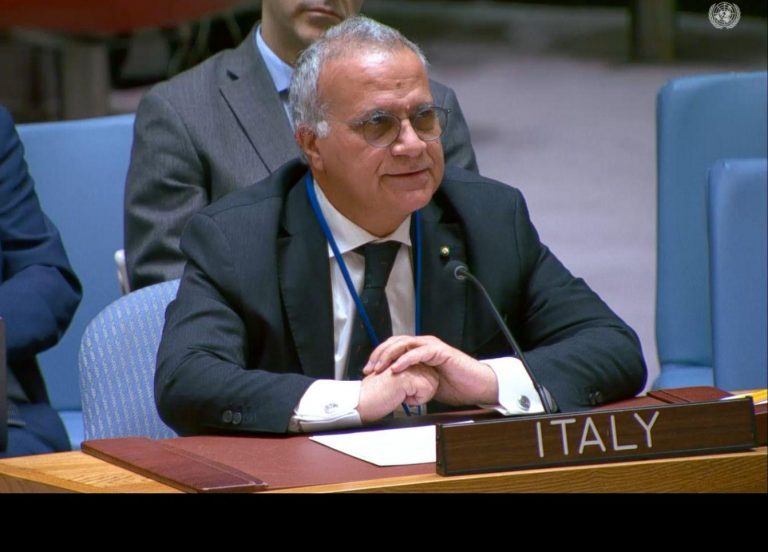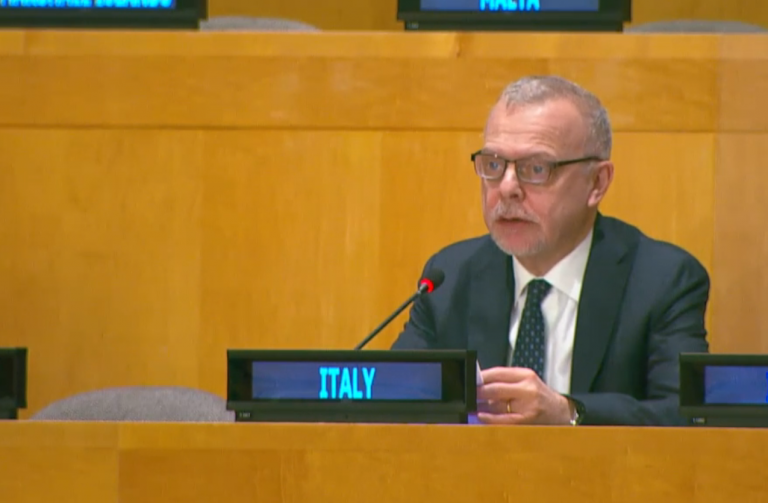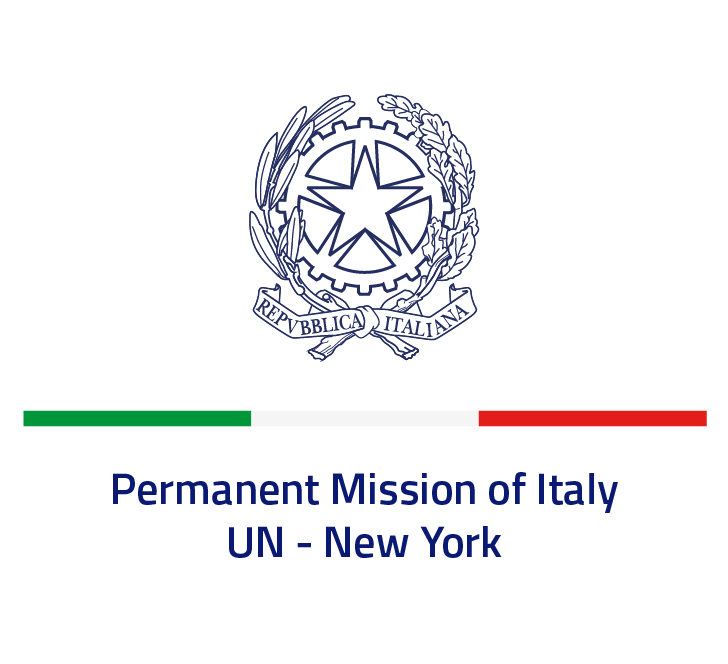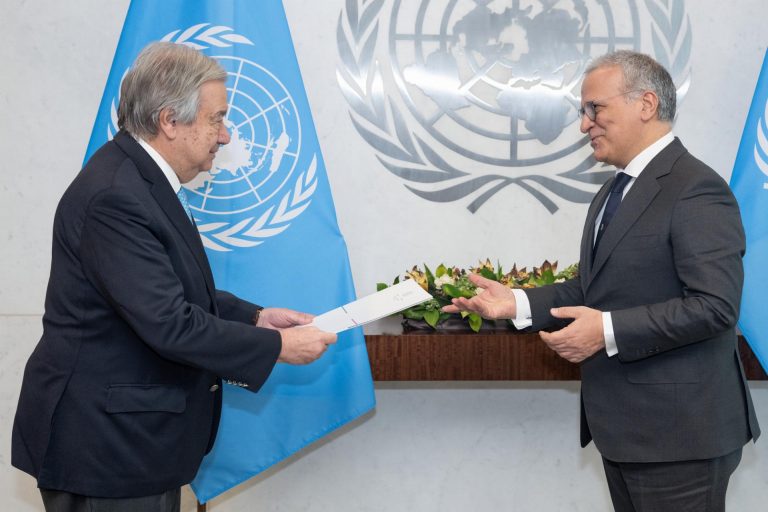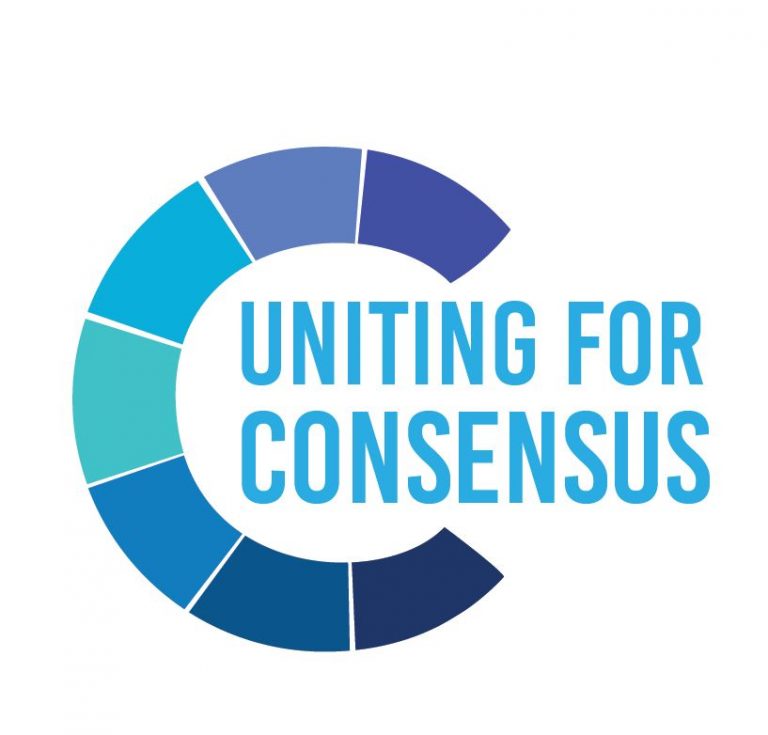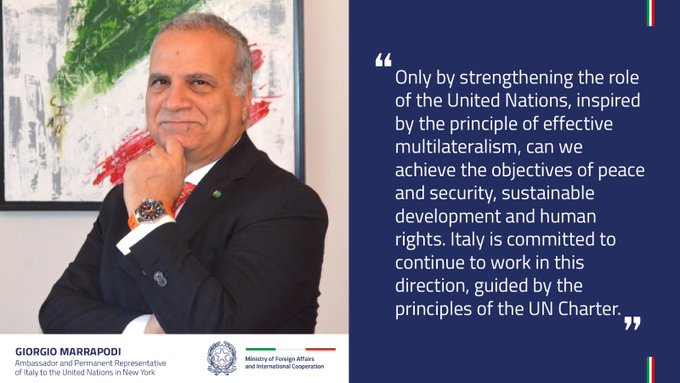Thank you Mr. Chair, Distinguished Delegates,
Italy aligns itself with the statement delivered by the European Union and its Member States, and would like to add the following remarks in its national capacity.
The general debate takes place at a time when profound changes in the global information environment risk eroding trust in institutions and in multilateral cooperation. Disinformation, hate speech, and the misuse of emerging technologies—including artificial intelligence—pose unprecedented challenges that require coordinated and timely action by the international community.
We share the conviction—articulated in the United Nations’ recent Issue Brief on Information Integrity—that safeguarding the integrity of information is not merely a communications challenge, but a systemic imperative that calls for inclusive, multi-stakeholder action. In this context, we commend the Department of Global Communications, under the leadership of Under-Secretary-General Melissa Fleming, for its continued commitment to strengthening information integrity, as detailed in the Secretary-General’s report.
At a time when multilateralism is increasingly challenged, we also commend the Department for highlighting the United Nations’ role in providing tangible, practical support to people around the world in their daily lives.
Italy is proud to have supported the Department in organizing the exhibition “Shared Lives, Shared Future,” inaugurated by the Secretary-General Antonio Guterres on October 20. The exhibition features over 200 images from all Member States, illustrating the impact of UN activities on people’s lives in areas such as peace and security, sustainable development, human rights, international trade, and environmental protection.
At the same time, rising international tensions and the growing number of conflicts call for reflection on how to ensure that journalists and media professionals—essential witnesses of society, often operating in hazardous contexts—can carry out their work in the safest possible conditions.
In this regard, Italy organized, on September 26, a high-level seminar entitled “Safe Journalists: the Need to Report, the Duty to Protect,” aimed at providing practical safety guidelines to follow before and during field missions. During the meeting, the Crisis Unit of the Ministry of Foreign Affairs and International Cooperation presented the “Ten Guidelines for Journalist Safety,” which offer media outlets and professional associations concrete models for risk assessment and mitigation.
Disinformation, for its part, poses a serious threat to democratic institutions and to public trust in information sources. The Italian approach to countering disinformation is not exclusively security-oriented, but relies on the involvement of all sectors of society. The pillars of our national approach are directed towards building resilient societies through digital literacy, fact-checking, and the development of critical thinking.
For the purposes of today’s debate, Italy also wishes to address the opportunities and challenges of Artificial Intelligence, one of the defining technological shifts of our time. We are convinced that AI holds tremendous promise for innovation, inclusivity, and multilingualism, but it also carries the risk of amplifying falsehoods and manipulation.
In line with our commitments at both the national and EU levels, Italy strongly supports the call—reflected in this year’s resolutions—for a safe, secure, and trustworthy AI, guided by human rights, transparency, and accountability. We also commend the Department’s exploration of AI tools to enhance translation and multilingual communication, ensuring that technology supports rather than replaces linguistic and cultural diversity.
Mr. Chair, Distinguished Delegates,
Italy believes that defending information integrity requires a comprehensive and coordinated approach—one that protects independent journalism, promotes media and digital literacy, fosters multi-stakeholder cooperation, and ensures the responsible use of emerging technologies, with full regard for the human factor.
Only through collective and sustained efforts we can safeguard reliable information as a cornerstone of democracy, mutual understanding, and effective multilateralism.
Thank you.







